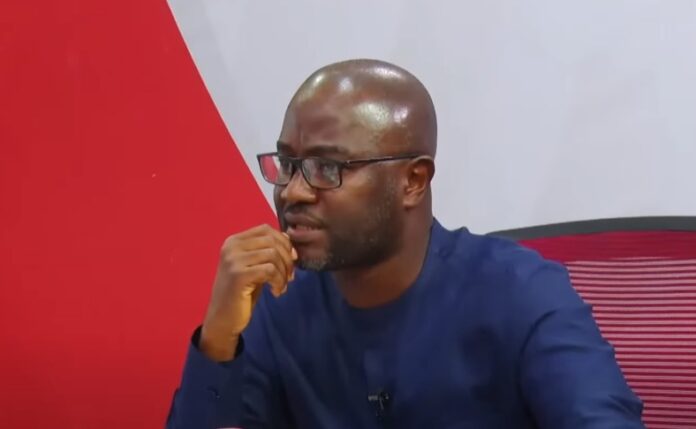Former Member of Parliament for Okaikwei North Fusseini Issah is saying that the Vice President’s tax amnesty initiative is meant to address the issues with tax payment in a more sensible manner.
He notes rather than just 10% of Ghanaians paying taxes, the Vice President’s adoption of innovative ways to collect taxes through the implementation of the tax amnesty was eventually going to get the entire country to successfully contribute to the nation’s growth.
He explained whilst speaking on TV3’s New Day Monday, March 25, 2024, that the Vice President’s intention is to widen the tax net to ensure those who don’t pay taxes are brought into the net to also contribute.
“…he is proposing that when he becomes President, he is going to implement a tax policy that in the long run was going to get people to contribute to the nation, rather than us just concentrating on that small number of people who bear all the burden. In Ghana, just about 10% of our population actually pay taxes,” he emphasised.
He added that the Veep’s digitalisation agenda was going to be factored in the process to ensure what he envisages becomes different from what have existed in previous years.
“When the Vice President identified this problem of taxpayers feeling the burden, feeling the pressure that the GRA puts on them, he went on to propose a solution. And that is a tax amnesty that he’s proposing in 2025. And people have actually questioned this tax amnesty,” he added.
He explained further that, “the tax amnesty thing, there’s a range of it. It could even be that people who have outstanding taxes are encouraged to pay up, but penalties and interest are reduced. It’s a form of tax amnesty. And this will actually encourage people to meet their tax obligations. So, the difference between whatever tax amnesty we are going to have in 2025 and what we had in the past is that the same Vice President had led an agenda of digitalization.
“Today, 17 million Ghanaians have NIA cards and it makes a whole lot of difference because every Ghanaian can be identified where you live, what you do, what you earn, and how much tax you’re supposed to pay. Unlike previous tax amnesties, when still we could only try to identify them this time, unless we are definite. We know who should be paying taxes,” he indicated.
By Jazmin Asumadu













